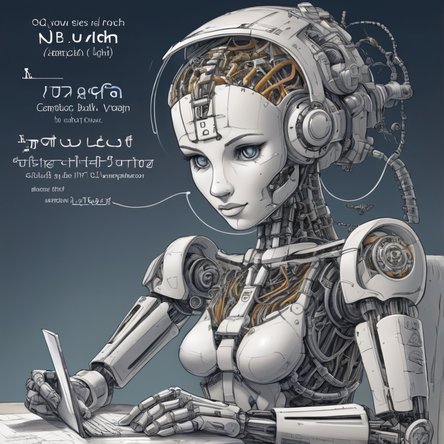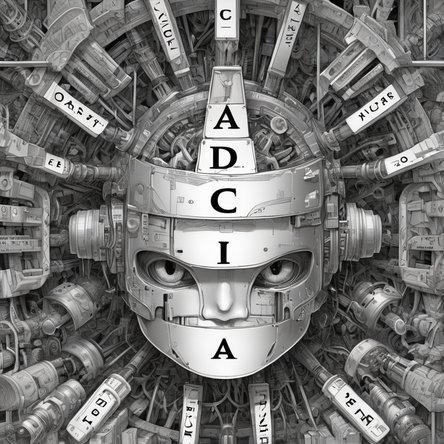Introduction to CAPTCHA Generators
In the digital age, the need for secure online interactions has never been more crucial. CAPTCHA, which stands for Completely Automated Public Turing test to tell Computers and Humans Apart, is a vital tool in this endeavor. CAPTCHA generators play a pivotal role in safeguarding websites from automated bots and ensuring that only human users can access certain features. This technology has evolved significantly since its inception, and understanding its mechanisms, benefits, and challenges is essential for anyone involved in web development or online security.
The Evolution of CAPTCHA
The concept of CAPTCHA was introduced in the early 2000s as a response to the increasing threat of automated scripts and bots. Initially, CAPTCHAs were simple and primarily consisted of distorted text that users had to decipher. However, as bots became more sophisticated, CAPTCHA technology had to evolve. Modern CAPTCHA generators use a variety of methods, including image recognition, audio tests, and behavioral analysis, to distinguish humans from machines.
Types of CAPTCHA
There are several types of CAPTCHA used today, each with its unique advantages and applications. The most common types include:
- Text-based CAPTCHA: This traditional form presents users with distorted letters and numbers that they must type into a text box. While effective, it can sometimes be challenging for users with visual impairments.
- Image-based CAPTCHA: Users are asked to select images that match a specific description. This type of CAPTCHA is user-friendly and effective against bots but can be difficult for individuals with cognitive disabilities.
- Audio CAPTCHA: Designed for visually impaired users, this type provides an audio clip that users must listen to and transcribe. It offers accessibility but can be vulnerable to sophisticated audio recognition software.
- Behavioral CAPTCHA: This advanced form analyzes user behavior, such as mouse movements and typing patterns, to determine if the user is human. It is less intrusive and can provide a seamless user experience.
- ReCAPTCHA: Developed by Google, ReCAPTCHA is a widely used system that often combines image recognition with behavioral analysis. It is continually updated to stay ahead of bot developers.
How CAPTCHA Generators Work
CAPTCHA generators create tests that are easy for humans to pass but difficult for automated programs to solve. The process involves generating a random challenge, presenting it to the user, and then verifying the user's response. The complexity and variety of challenges are key to preventing bots from bypassing the system.
Implementing CAPTCHA Generators
Integrating a CAPTCHA generator into a website involves several steps. First, developers must choose the type of CAPTCHA that best suits their needs. This decision depends on factors such as the target audience, the level of security required, and accessibility considerations.
Once the type of CAPTCHA is selected, developers can use APIs or libraries provided by CAPTCHA services to embed the challenge into their web forms. Proper configuration and customization are crucial to ensure the CAPTCHA is effective and user-friendly. Additionally, developers should regularly update and test their CAPTCHA systems to maintain their effectiveness against evolving bot technology.
Benefits of Using CAPTCHA Generators
CAPTCHA generators offer numerous benefits for website security and user experience. They help prevent spam and abuse by blocking automated scripts from submitting forms or accessing sensitive information. This protection is vital for maintaining the integrity of online services and protecting user data.
Moreover, CAPTCHAs can enhance the overall user experience by reducing the number of fraudulent accounts and ensuring that interactions are genuine. By filtering out bots, CAPTCHAs can also improve website performance and reduce server load.
Challenges and Considerations
Despite their benefits, CAPTCHA generators come with challenges. One significant issue is accessibility. Some CAPTCHA types can be difficult for users with disabilities to complete. To address this, developers should implement alternative methods, such as audio CAPTCHA, and ensure that their systems comply with accessibility standards.
Another challenge is the constant arms race between CAPTCHA developers and bot creators. As bots become more advanced, CAPTCHAs must continually evolve to stay effective. This requires ongoing research and development, as well as regular updates to CAPTCHA systems.
The Future of CAPTCHA Technology
The future of CAPTCHA technology lies in the development of more sophisticated and user-friendly systems. Advances in artificial intelligence and machine learning are paving the way for CAPTCHAs that can provide robust security without compromising user experience. Behavioral analysis and adaptive learning are likely to play a significant role in the next generation of CAPTCHA generators.
Conclusion
CAPTCHA generators are an essential tool in the fight against automated bots and online fraud. By understanding the various types of CAPTCHA, how they work, and the benefits they offer, developers can implement effective security measures for their websites. While challenges remain, the ongoing evolution of CAPTCHA technology promises to provide even more secure and user-friendly solutions in the future.


